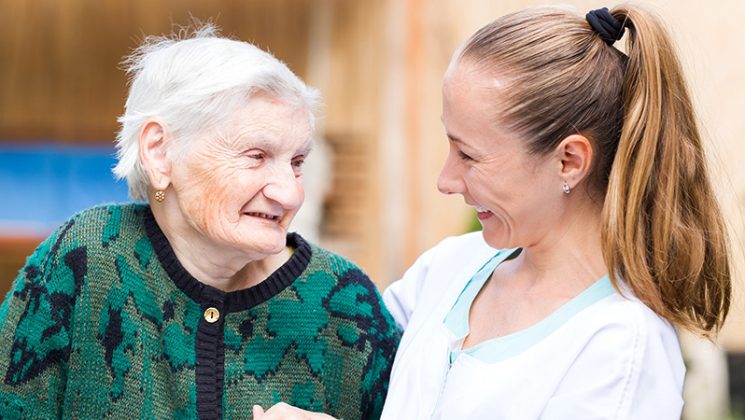By Charlotte Webster-
Researchers in London are calling for a ‘new deal’ for health and care staff following the outbreak of COVID-19.
A new report from King’s Business School calls for the British government to develop a new model of employment relations, characterised as ‘fair care work’, to tackle the challenges exposed by the virus.
The paper ‘Fair Care Work: A post Covid-19 agenda for integrated employment relations in health and social care’, calls for more than just applause for care workers, but presents an opportunity
to refresh the model employer approach in the public sector.
The report calls for the re-visiting of the notion of ‘fairness’, and what it means in both procedural and substantive terms to call for ‘fair care work’. It also provides a chance to extend a model approach across health and social care, embracing not only the state as employer but employers from the private and voluntary sector employers as well.
Researchers want policy makers and practitioners to implement fair treatment at work in the area of pay, outsourcing, training and migrant workers.
Hampered
Professor Ian Kessler, who led the research, said the features of employment relations have “cruelly hampered” the capacity of health and social care providers to deal with the Covid-19 crisis.
“They have led to difficulties in recruiting and retaining frontline care staff, reflected in the shortfall of around 40,000 registered nurses, and arguably contributed to a lack preparation, not least apparent in the initial shortages of personal protective equipment for staff,” he said.
“As the terror of this pandemic begins to subside, it feels like the right moment to start talking about how to rebuild and re-regulate our health and social care system. It not enough to just clap for our carers, it’s time to make meaningful changes to the working practices that have seen them undervalued and dismissed for far too long”.
Researchers have proposed a new model of employee relations, which they say should be based on four key principles. Firstly, they want the greater integration of employment relations within the health and social care and public and private sectors.
An even distribution of training resources and opportunities, including addressing the systemic behaviours of casting migrant care workers as ‘the other’ rather than as ‘one of us.
Fair care work to reflect the debt the community owes to the health and social care workforce in dealing with COVID-19. The paper calls for broadening of the remit of the Care Quality Commission and for trade unions and professional associations to serve as the basis for industrial citizenship and the vehicle for workers to effectively articulate and pursue their legitimate interests includes a degree of workforce accountability and scrutiny.
Fragmented
The research describes the monitoring of workforce management as
fragmented and light-touch. It argues the need for a much sharper and tighter monitoring framework, with these regulatory bodies and mechanisms more fully leveraged to secure compliance.




